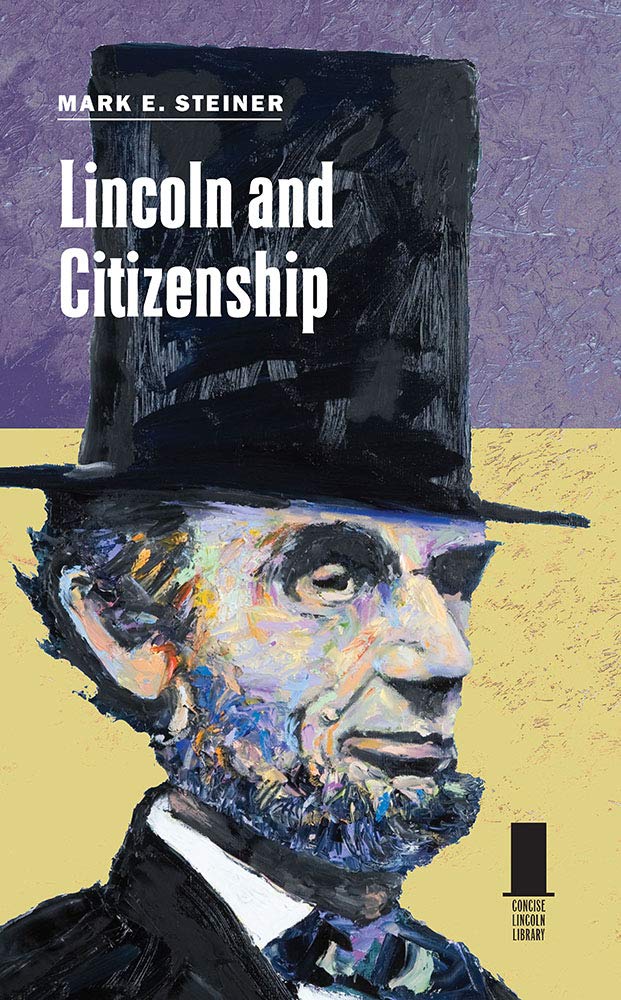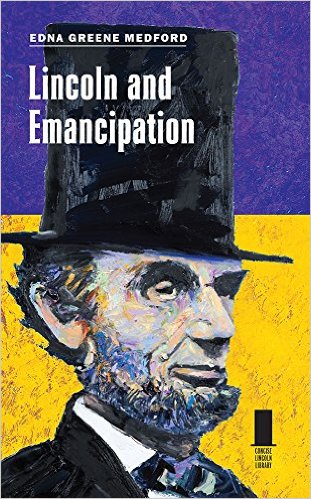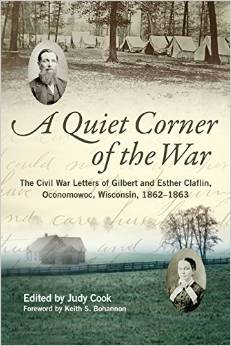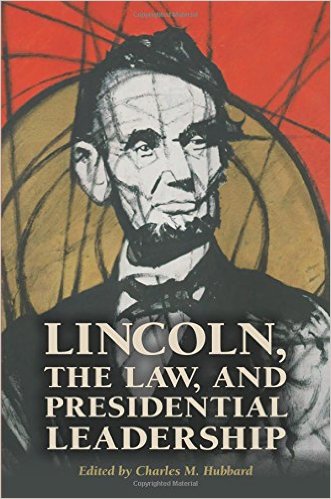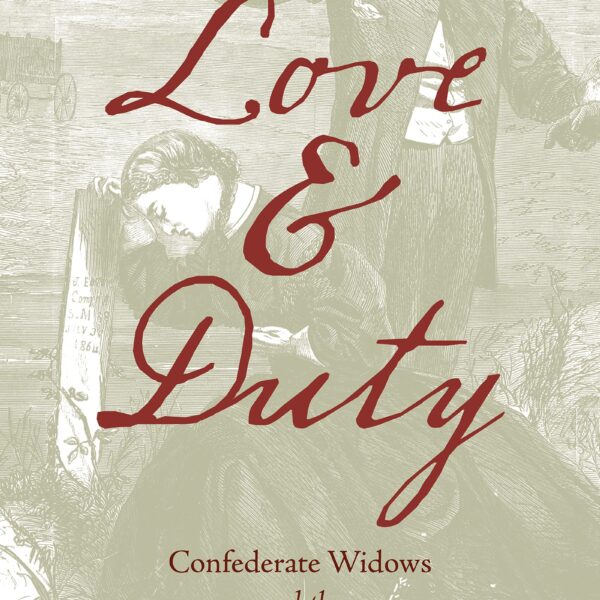Two days after Lee’s surrender at Appomattox, Abraham Lincoln delivered the last speech of his life. Responding to Louisiana’s plans for a new state constitution, Lincoln expressed his support for granting the vote to certain Black men: those he deemed “very intelligent” and those who had fought in the Union military. In the crowd that evening, John Wilkes Booth muttered “That means n— citizenship …. That will be the last speech he will ever make.” And so it was.
The country had come a long way since 1857, when the Supreme Court’s Dred Scott decision denied the very possibility of U.S. citizenship for Black people. Lincoln had come a long way, too. It’s no secret that he maintained a commitment to white supremacy throughout his life. He supported Illinois’ antebellum Black Laws, which restricted Black people’s political and civil rights and, beginning in 1848, prohibited Black people from moving into the state. He backed colonization, believing that African Americans could never prosper on an equal footing with White people, and so it would be best for them to leave the United States. Well into the Civil War, he continued to advocate Black resettlement in the Caribbean or Central America.
The same man authored the Emancipation Proclamation, promoted the Thirteenth Amendment, and grew to accept that Black people—at least some of them—might deserve a place in his cherished political community. This remarkable transformation in Lincoln’s racial views is the central story of Lincoln and Citizenship. It’s a story that has been told by many other authors, but Mark E. Steiner’s focus on the issue of citizenship gives it a special twist.
With clear writing and robust documentation, Steiner introduces readers to multiple layers of Civil War-era citizenship. In one sense, it was a contractual system of mutual rights and responsibilities that bound individual and government together. The right to vote was paramount. But citizenship was much more than voting, involving a broader understanding of who belonged in the political community and who did not. When Lincoln addressed his “fellow citizens,” as he so often did, he was consciously speaking to those he accepted as political equals. The questions of who counted as “fellow citizens,” and what that status brought with it, lay at the heart of Lincoln’s entire political philosophy and some of his most consequential decisions as president.
The focus on citizenship allows Steiner to connect Lincoln’s changing views on Black people with his attitudes toward women and European immigrants. Back in the 1830s, Lincoln stated that if women paid taxes, they ought to have the right to vote—not in some progressive crusade for women’s equality, but in recognition that those materially supporting the government ought to have some say in how it was run. And in the 1840s and 1850s, Lincoln firmly resisted the anti-immigrant sentiments of many Whigs, Know-Nothings, and Republicans. Citizenship should be relatively easy for European immigrants to achieve, he believed, and once naturalized, these new citizens ought to have the same rights and status as the native born. Lincoln never did see women as true citizens, but by the time of his death he had moved closer to allowing Black men a similar access to citizenship as he had always granted to European immigrant men.
The “Concise Lincoln Library” series from Southern Illinois University Press aims to provide succinct and reader-friendly overviews of a wide range of Lincoln-related topics—from humor to emancipation to Native Americans. Lincoln and Citizenship is a terrific addition to the series. A longer book could have tackled additional dimensions of the subject, for example, moving beyond the issue of who was included and excluded to explore how the nature of citizenship changed even for the white men who had long qualified as citizens. With its limited page count, this book provides a sharp and insightful introduction to the subject. The transformation of citizenship during the Civil War era mattered to John Wilkes Booth, it mattered to Abraham Lincoln, and it continues to matter in an America struggling anew over what citizenship means and who is included.
Paul Quigley is an associate professor of Civil War studies at Virginia Tech.
